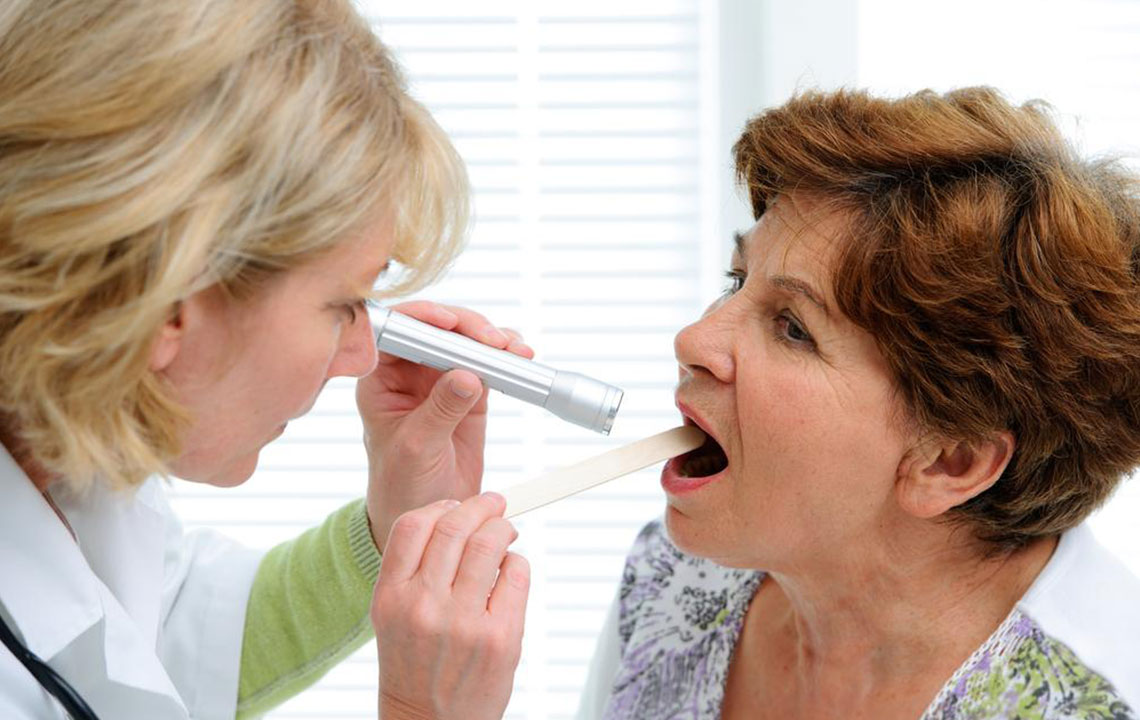Major Causes and Risks for Developing Tongue Cancer
Tongue cancer mainly develops in the squamous cells covering the tongue and is influenced by risk factors such as tobacco use, alcohol consumption, HPV infection, and possibly high-alcohol mouthwashes. Quitting tobacco and moderating alcohol can significantly reduce risk. Regular examination and awareness of HPV's role are essential for prevention. This article highlights the primary causes and preventive tips for tongue cancer to promote early detection and healthier choices.
Sponsored

Tongue cancer, a form of oral malignancy, typically originates in the flat, thin squamous cells covering the tongue's surface. It primarily affects the front two-thirds of the tongue, whereas cancer in the back third is classified as head and neck cancer. Symptoms mirror those of other oral cancers, and various risk factors influence its development:
Tobacco and Smoking
Using tobacco products and smoking expose the mouth to carcinogens, significantly increasing the risk of tongue cancer. The harmful chemicals alter oral cells, fostering cancer development. Quitting tobacco dramatically reduces this risk, with benefits noticeable shortly after cessation.
Alcohol Consumption
Heavy drinking is linked to higher chances of tongue cancer. Regular intake of excessive alcohol, especially hard liquor, can harm oral tissues and increase mutation risk. Moderating alcohol intake and scheduling routine oral exams can help lower the risk.
Human Papillomavirus (HPV)
Engaging in oral sex can transmit HPV, which is associated with tongue and other oral cancers. Experts predict that HPV could surpass tobacco as the leading cause of mouth cancers in upcoming years. While many HPV infections resolve without symptoms, persistent infections can lead to serious health issues.
Use of Mouthwash
Though debated, mouthwashes with high alcohol content may pose a risk for tongue cancer. Experts recommend limiting usage to no more than twice daily, but evidence remains inconclusive.






